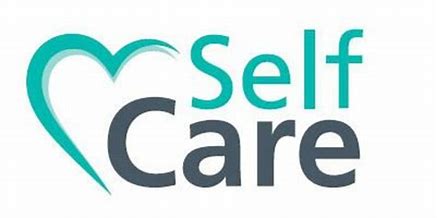
I just read a great article in the October issue of Real Simple magazine by Yolanda Wikiel. She writes that two-thirds of Americans say that their job is a main source of anxiety for them. So, she shares 6 science-backed strategies to feel “cool, calm, and happy.” And here they are:
1. See stress as good, not bad
Anxiety is just a form of energy. “Reframe a stressful situation as a challenge instead of a threat, and use those intense feelings to energize rather than hinder you.”
It goes along with the story you tell yourself. When you are going into a stressful situation, a lot of the time the reason it’s stressful is because there is a certain amount of uncertainty around it. In the absence of fact or in the presence of uncertainty, we will make up stories to fill the void. Typically, those stories will be negative in nature, which causes us even more anxiety. However, if you tell yourself a positive story then you neurochemically switch that energy from anxiety to excitement.
2. Ignore your email
You know this…resist the temptation to look at and respond to every little email ping you receive throughout the day as it happens. Research shows that people who constantly check email feel significantly more stressed than those who only look at their inbox three times a day. Turning off email alerts and batching email processing into three 30-minute sessions a day will reduce anxiety tremendously.
3. Eliminate interruptions
Today’s open floor plans and workspaces make it difficult enough to minimize, not to mention eliminate, distractions and interruptions. But trying to screen out the irrelevant in order to concentrate on the relevant takes a lot of mental energy. Wearing headphones or ducking into a conference room for an hour or two of quiet can really help.
4. Fidget productively
Are you fidgety in stressful situations? Give yourself a mood and confidence boost by swapping habits [like wringing your hands or bouncing your legs] for one that’s actually helpful. Gently squeeze your right hand for 45 seconds, release for 15 seconds, and repeat a few times. “You’ll activate the left frontal lobe of the brain, which helps you prepare for challenges.”
5. Clean up your desk
I wrote a blog post about this a few months ago – it is scientifically proven that a cluttered space leads to a cluttered mind. A disorganized office or desk is going to limit your ability to focus, so clean it up! While you are at it, add a plant or two for good measure. Research shows that indoor plants reduce blood pressure and increase productivity.
6. Protect break time
“We are designed to function on survival mode for short spurts, but when this fight-or-flight reaction is a constant way of living, stress becomes chronic.” Wikiel’s article says that the ideal break schedule is 90 minutes of concentration followed by a brief period of recovery. There are many theories on what that ideal work to break ratio needs to be but the lesson here is that whatever the right ratio is for you, you need to honor that by protecting your break times.
Try a few of these and let me know what you think by leaving a comment below. I’m looking forward to hearing what works best for each of you.









